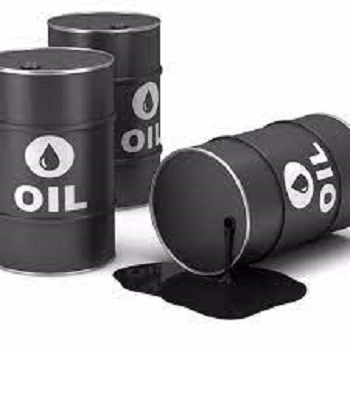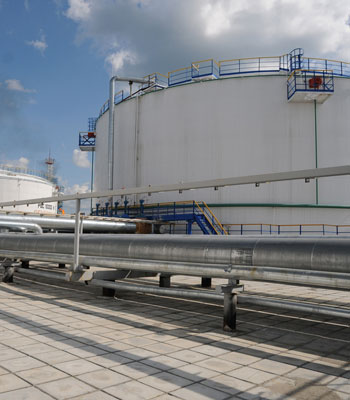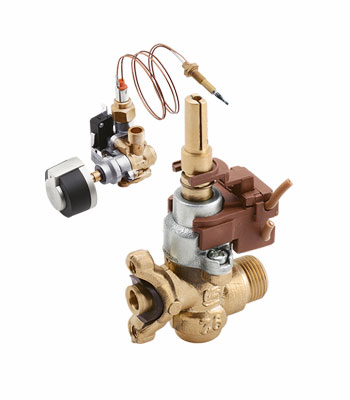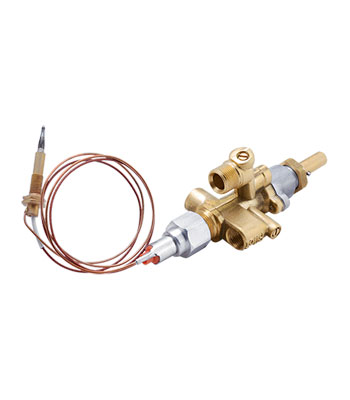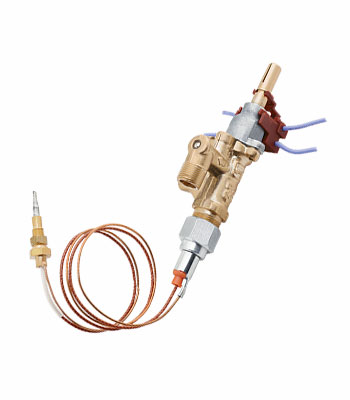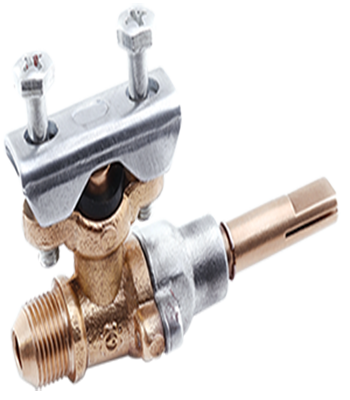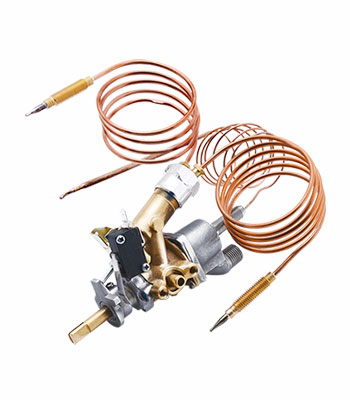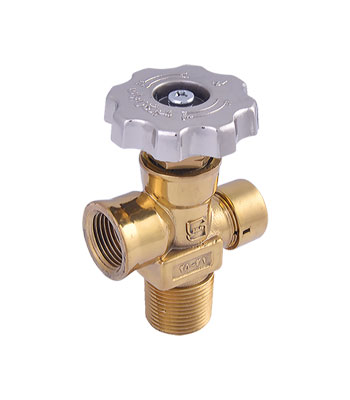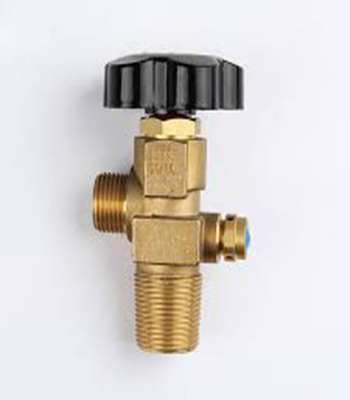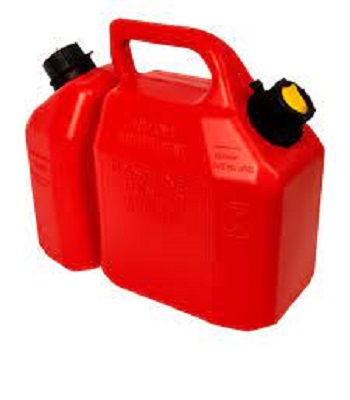Fuel oil C30-C50
0,00 €Mazut or fuel oil or fuel oil (English: Mazut) is one of the petroleum hydrocarbons that is obtained in the refining stages of crude oil after naphtha and gasoline and kerosene and because it is black, it is also called black oil. It is the cheapest fuel for stoves, baths, and ovens in bakeries, diesel engines, and some power plants.
Fuel oil-Fuel oil 180
0,00 €Mazut or fuel oil or fuel oil (English: Mazut) is one of the petroleum hydrocarbons that is obtained in the refining stages of crude oil after naphtha and gasoline and kerosene and because it is black, it is also called black oil. It is the cheapest fuel for stoves, baths, and ovens in bakeries, diesel engines, and some power plants.
Fuel oil-Fuel oil 280
0,00 €Mazut or fuel oil or fuel oil (English: Mazut) is one of the petroleum hydrocarbons that is obtained in the refining stages of crude oil after naphtha and gasoline and kerosene and because it is black, it is also called black oil. It is the cheapest fuel for stoves, baths, and ovens in bakeries, diesel engines, and some power plants.
Fuel oil-MAZUT
0,00 €Mazut is a heavy, low quality fuel oil which is the residue from distillation of gasoline, ligroin, kerosene, and diesel oil fractions from petroleum. It comprises all residual fuel oils, including those obtained by blending. Its kinematic viscosity is above 10 cSt at 80°C. The flash point is always above 50°C and the density is always higher than 0.90 kg/l.
Gas Control Taps for Hob Gas equipment
0,00 €| Model : | Control Tap |
| Company name : | Iran Gas Valve |
| Packaging : | – |
| Minimum order : | 1 |
| Standard : | – |
| Production power : | – |
Gas Control Taps for Samavar
0,00 €| Model : | control tap |
| Company name : | Iran Gas Valve |
| Packaging : | – |
| Minimum order : | 1 |
| Standard : | – |
| Production power : | – |
Gas Control Taps for Samavar Gas equipment
0,00 €| Model : | control tap |
| Company name : | Iran Gas Valve |
| Packaging : | – |
| Minimum order : | 1 |
| Standard : | – |
| Production power : | – |
Gas Control Taps Gas equipment
0,00 €| Model : | Control Tap |
| Company name : | Iran Gas Valve |
| Packaging : | – |
| Minimum order : | 1 |
| Standard : | – |
| Production power : | – |
Gas Control Taps Thermostatic Gas equipment
0,00 €| Model : | Control Tap |
| Company name : | Iran Gas Valve |
| Packaging : | – |
| Minimum order : | 1 |
| Standard : | – |
| Production power : | – |
Gas Cylinder Valves
0,00 €| Model : | 602 |
| Company name : | Iran Gas Valve |
| Packaging : | – |
| Minimum order : | 1 |
| Standard : | – |
| Production power : | – |
Gas Cylinder Valves Gas equipment
0,00 €| Model : | 602 |
| Company name : | Iran Gas Valve |
| Packaging : | – |
| Minimum order : | 1 |
| Standard : | – |
| Production power : | – |
Gas oil
0,00 €This Fuel is Obtained From Middle-Distillation Products Of Refinery Of Which Distillation Range Lies At 150-385 Degrees Celsius. This Product Is Refined Chemically And Physically In Such A Manner That Comprising Hydrocarbon Compounds Have Proper Function In Torches And Internal Combustion Engines. The Natural Color Of This Product is Amber. It is Applied As Fuel In Internal Combustion Diesel Engines And As Fuel For Types Of Household And Industrial Torches.



